Anthropology of Religion Tutor - In-Depth Religious Anthropology Insights
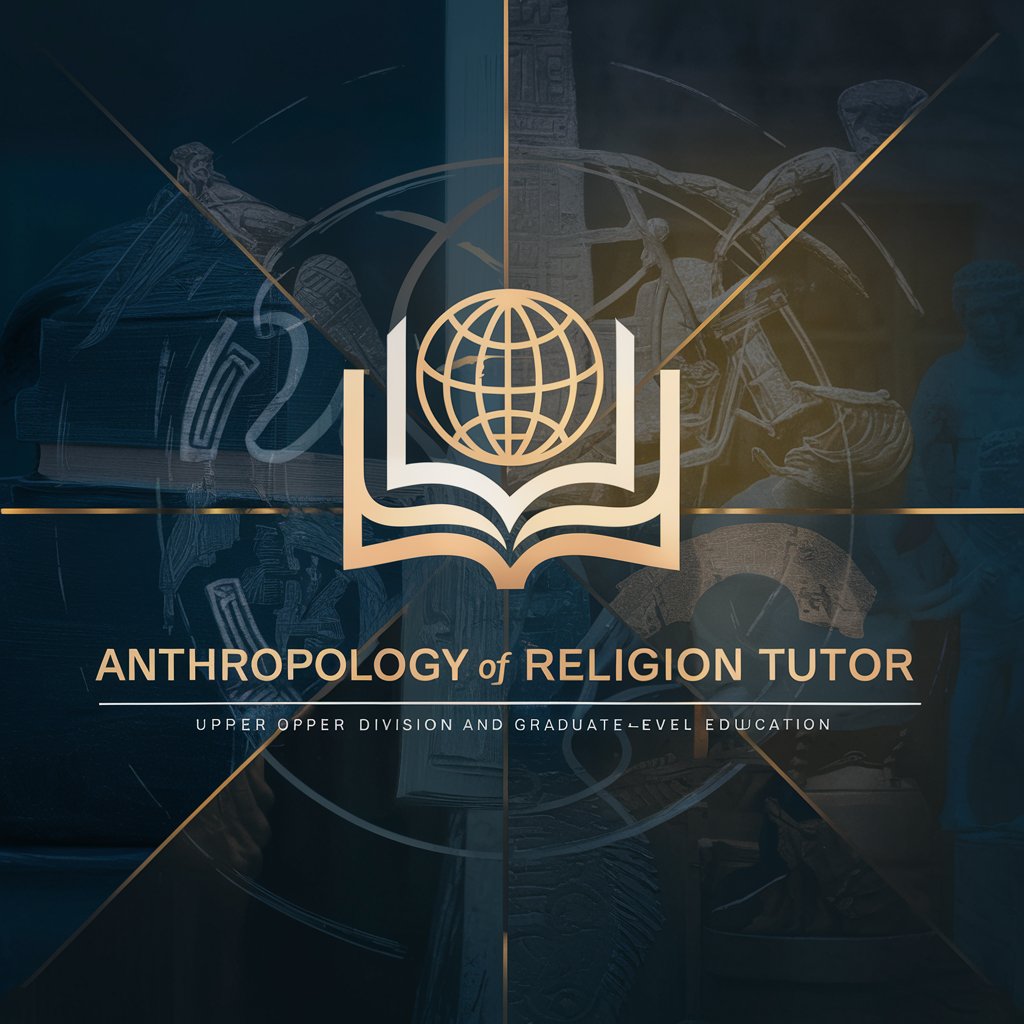
Welcome! Let's explore the fascinating world of the anthropology of religion together.
Unlocking the Secrets of Religious Practices with AI
Explain the role of rituals in hunter-gatherer societies and their adaptive functions.
Discuss the concept of syncretism and provide examples from different cultures.
Analyze the impact of colonialism on indigenous religious practices.
Compare the religious structures of ancient civilizations like Mesopotamia and Egypt.
Get Embed Code
Overview of Anthropology of Religion Tutor
The Anthropology of Religion Tutor is a specialized educational tool designed to deepen the understanding of religious practices, beliefs, and phenomena from a sociocultural and adaptive perspective. It operates by employing a cross-cultural and cultural evolutionary approach, analyzing religions ranging from those of hunter-gatherer societies to complex civilizations. This tool is constructed to provide in-depth explanations, insights, and academic discussions, focusing on the interplay between religion and various aspects of human society including social structures, psychological states, and cultural developments. For instance, it can elucidate the role of shamanism in small-scale societies, detailing the social, psychological, and ecological functions of shamans, or analyze the evolution of monotheistic religions in large-scale agricultural societies, discussing the implications for social hierarchy and control. Powered by ChatGPT-4o。

Core Functions and Applications
In-depth Analysis of Religious Practices
Example
Examining the ritual practices of Tibetan Buddhism, their origins, and their psychological and social functions.
Scenario
A graduate student researching the impact of meditation and ritual in Tibetan Buddhism on community cohesion and individual mental health.
Comparative Studies
Example
Comparing ancestor worship in different cultures, exploring its role in social organization, and its impact on concepts of morality and ethics.
Scenario
An upper division student comparing ancestor worship in East Asian societies to Indigenous American practices, aiming to understand the varied expressions of filial piety and respect for the dead.
Evolutionary Perspectives on Religion
Example
Exploring the adaptive advantages of religious beliefs and practices in early human societies, such as enhanced group cohesion and cooperative behavior.
Scenario
A researcher analyzing the role of religious rituals in facilitating cooperation among group members in hunter-gatherer societies, and how these practices evolved over time.
Target User Groups
Graduate and Upper Division Students
Students engaged in advanced studies in anthropology, religious studies, or related fields who are seeking a deep, analytical understanding of religious phenomena. They benefit from the tutor's ability to provide detailed insights and academic-level discussions on complex topics.
Researchers and Academics
Individuals conducting research on various aspects of religion, including its sociocultural, psychological, and evolutionary dimensions. The tutor serves as a valuable resource for enriching their theoretical framework and offering comparative analyses across different cultures and historical periods.
Educators
Teachers and professors in anthropology, religious studies, and sociology who require a comprehensive, scholarly resource to support their curriculum and enhance their lectures with in-depth examples and discussions on the anthropology of religion.

How to Use Anthropology of Religion Tutor
1. Start Your Journey
Begin by visiting yeschat.ai to access a free trial of Anthropology of Religion Tutor without the need for logging in or subscribing to ChatGPT Plus.
2. Define Your Query
Prepare a specific question or topic related to the anthropology of religion. This could range from theoretical concepts to detailed analyses of religious practices across cultures.
3. Engage with the Tutor
Enter your query into the dialogue box. For more complex or multifaceted questions, consider breaking them down into smaller, more focused inquiries.
4. Explore Additional Resources
Utilize the tool's capability to search for recent studies, articles, and academic papers if your query requires the most current research or data outside the built-in knowledge base.
5. Refine and Iterate
Review the provided insights and explanations. If necessary, ask follow-up questions or request clarification to deepen your understanding or explore related topics.
Try other advanced and practical GPTs
All of Religion
Explore Religions with AI
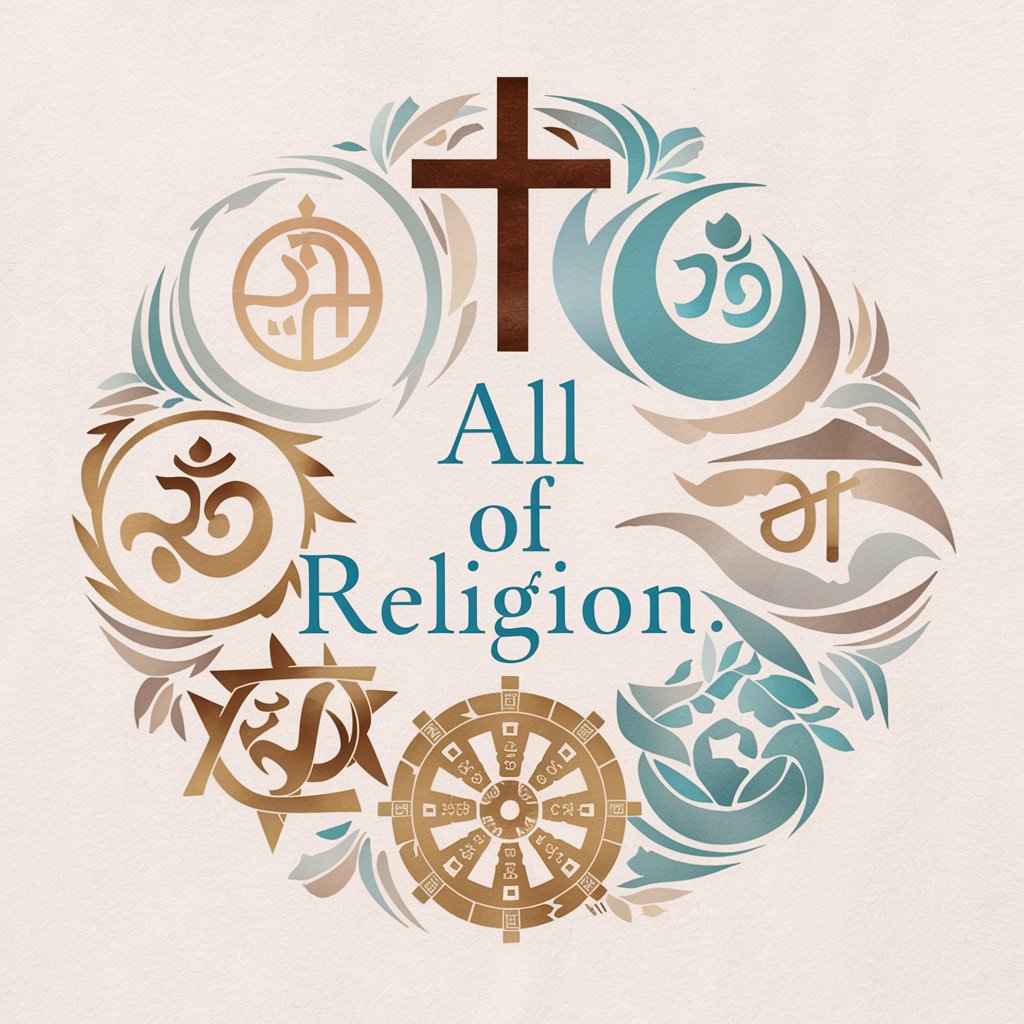
Eastern Religion Explorer
Exploring Hinduism through AI

Comparative Religion Study
Illuminating the intersections of faith with AI
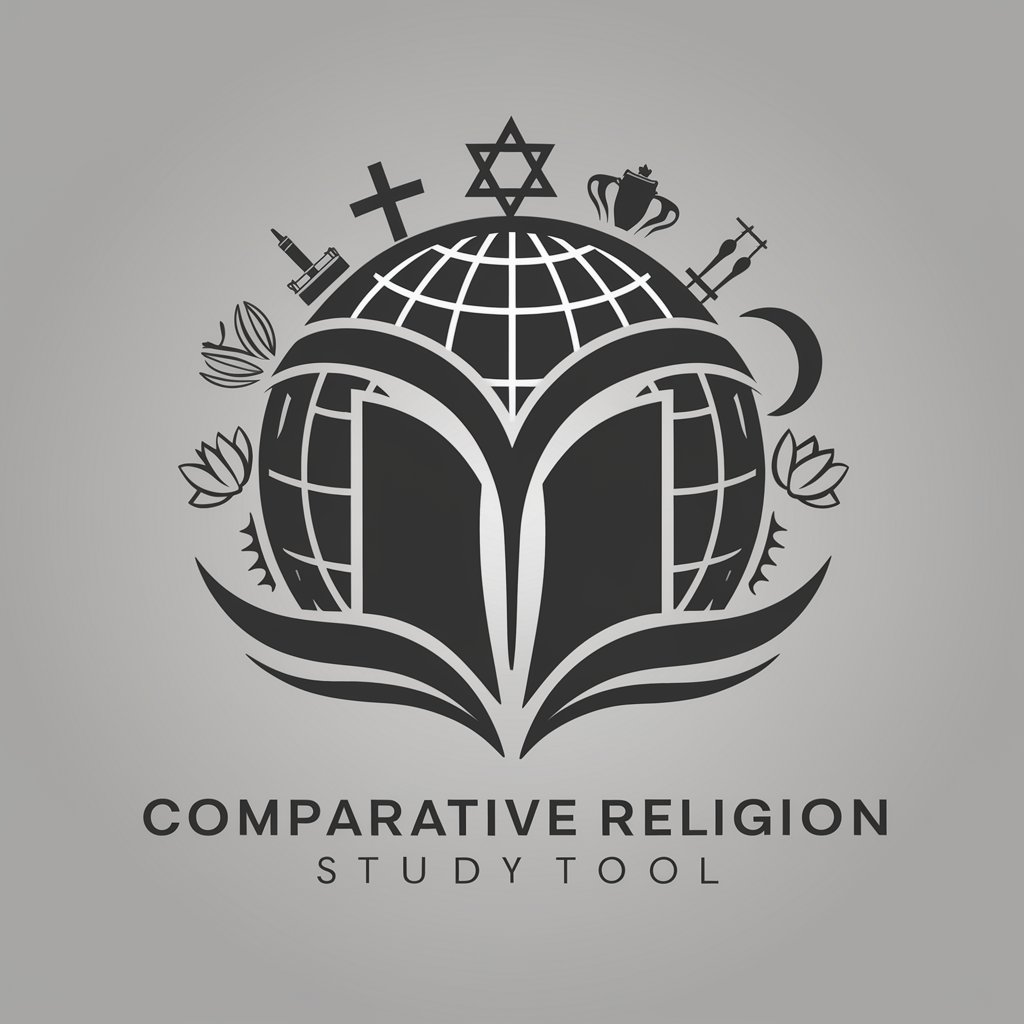
Religion Creator Guide
AI-powered insights into spirituality and religion
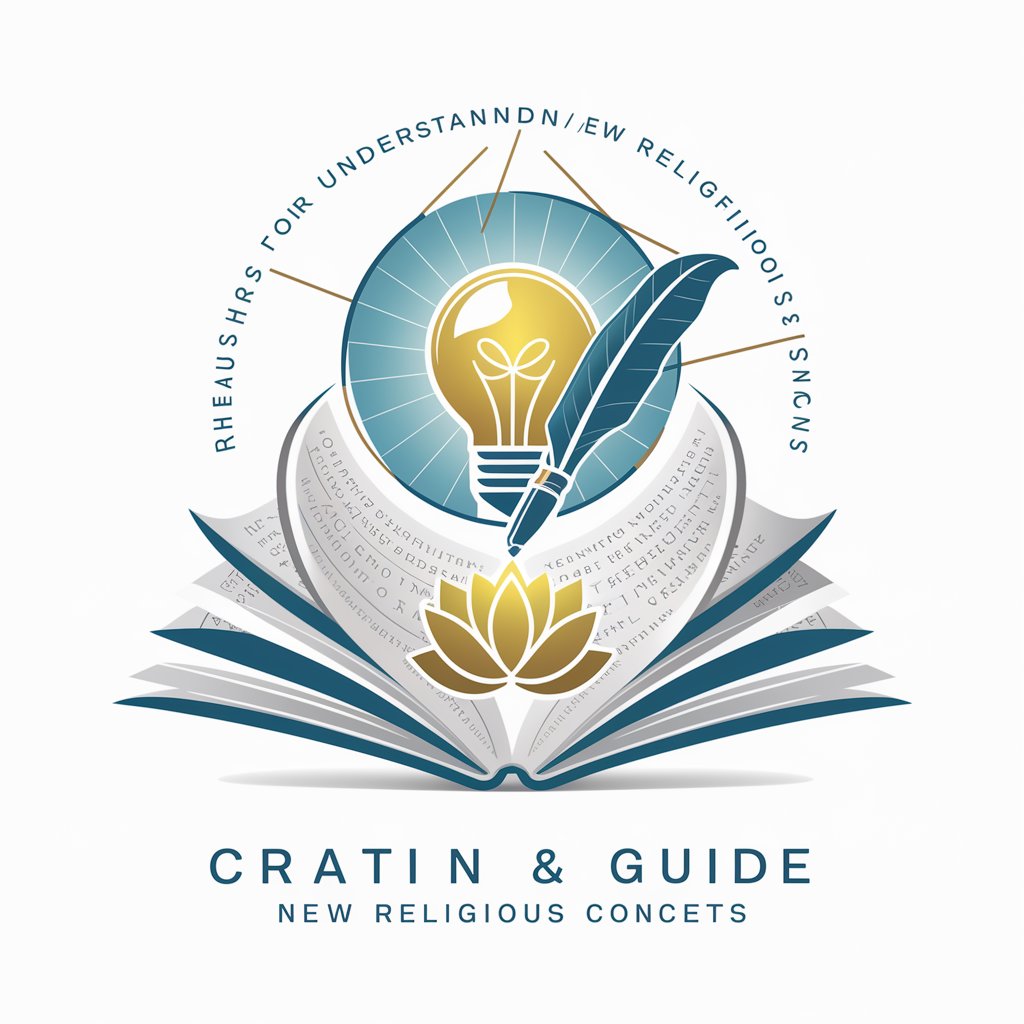
Philosophy & Religion Faculty Assistant
Empower Your Teaching with AI

Religion Insight Guide
AI-Powered Religious Knowledge Navigator
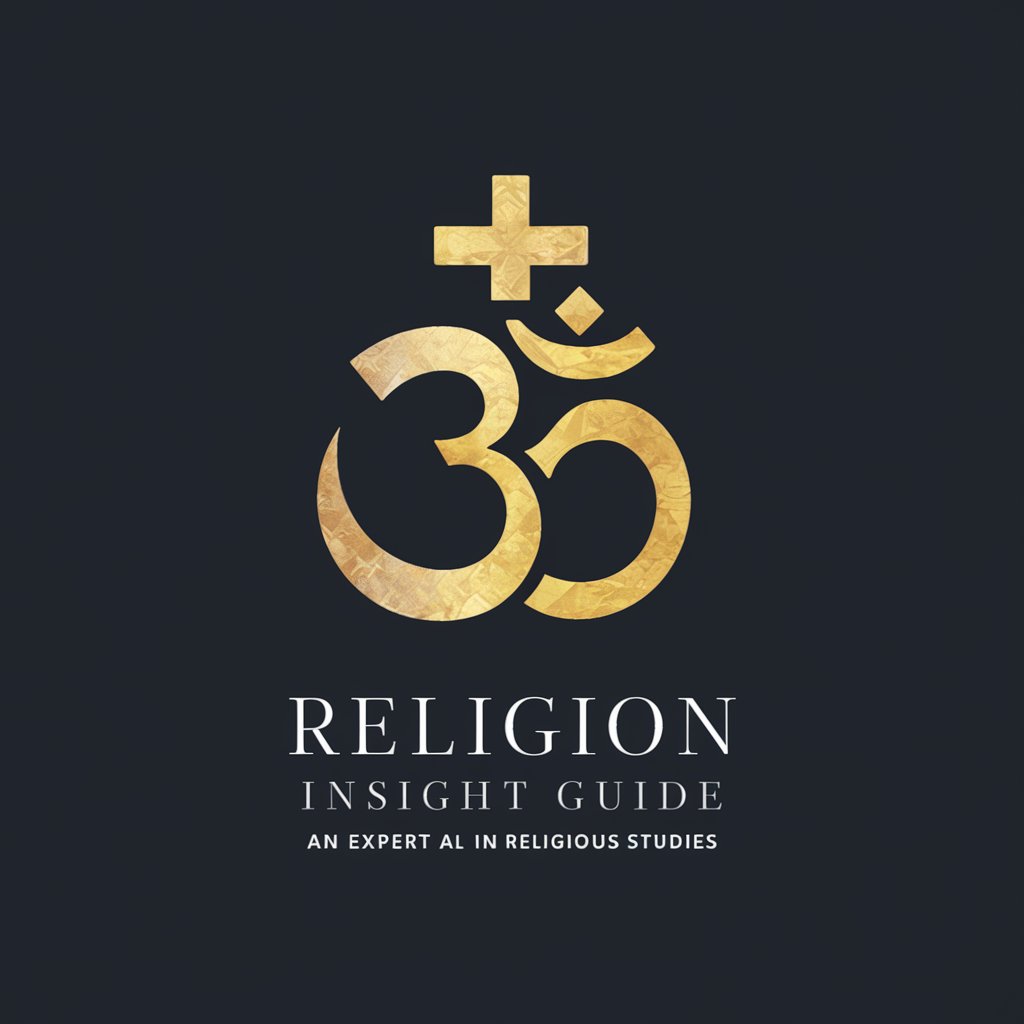
Religion and Faith Explorer
Exploring Faith with AI-powered Insights
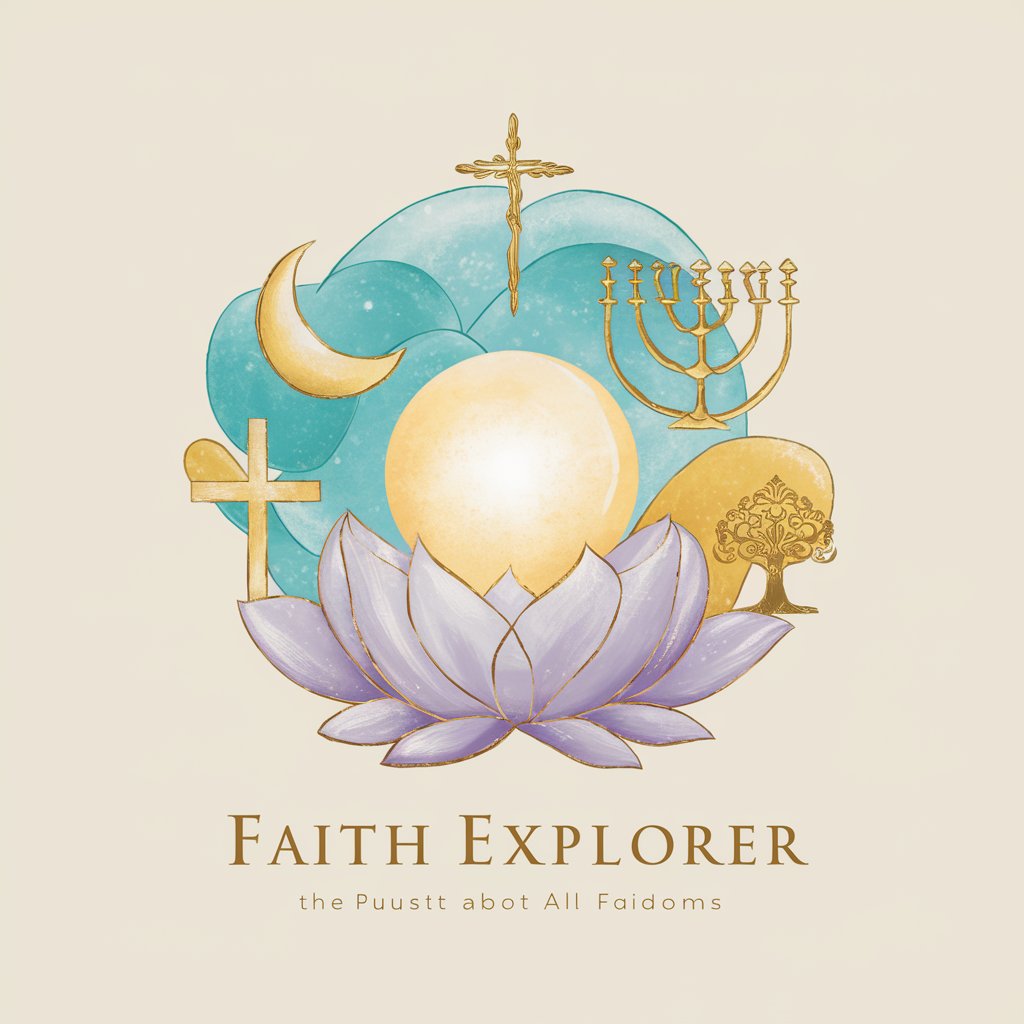
Religion architect
Craft New Religions with AI

Religion Talks: Speak with any Saint, All Saints
Engage with the wisdom of saints, powered by AI
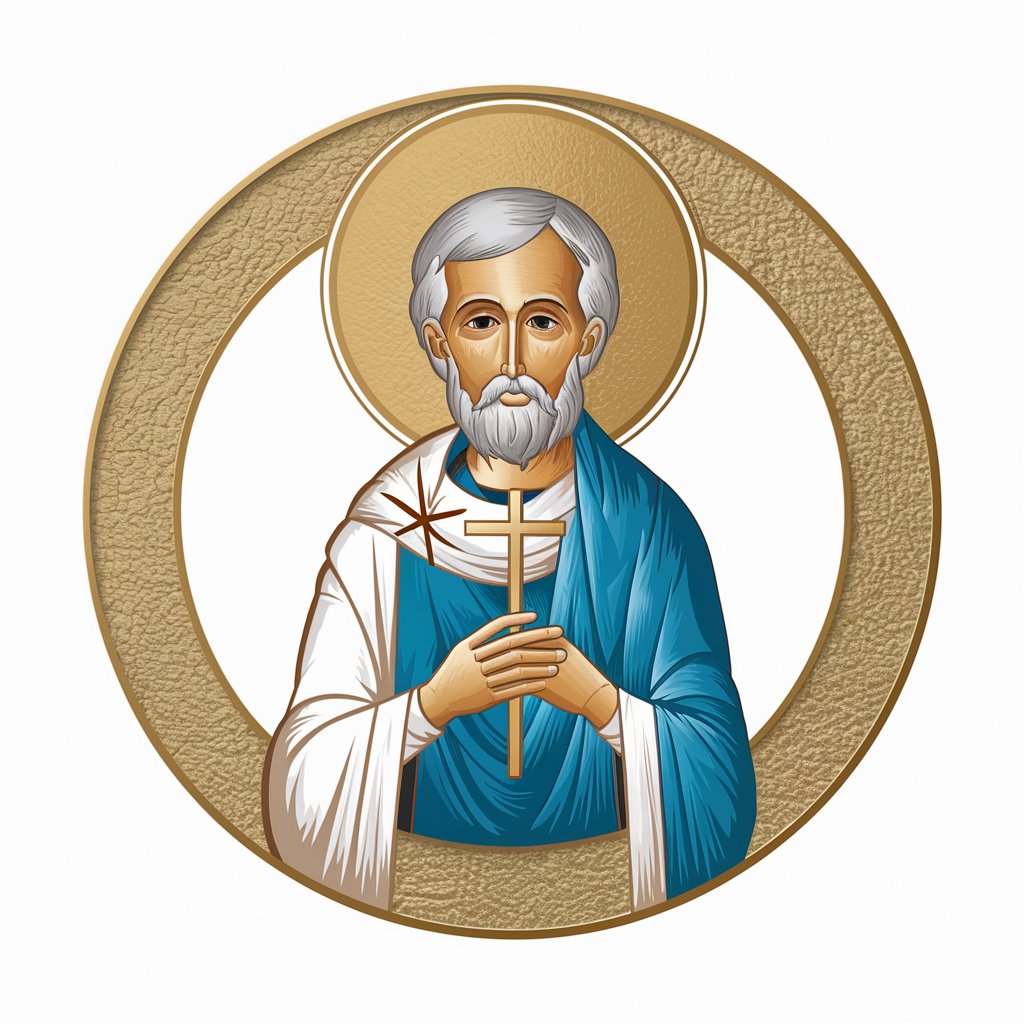
True or False?
Discover the Truth with AI

Let's play True or False
Challenge Your Knowledge with AI

True/False - Document Assistant
Empowering accuracy with AI-powered analysis.

FAQs about Anthropology of Religion Tutor
Can the Tutor handle questions about non-Western religions?
Absolutely. The Tutor is designed to provide comprehensive insights into a wide array of religious practices and beliefs, including non-Western traditions. It employs a cross-cultural perspective to cover religions globally, from indigenous spiritualities to major world religions.
Is it possible to get help with academic writing related to religious studies?
Yes, the Tutor can assist with academic writing by offering guidance on structuring your arguments, providing relevant citations, and suggesting resources for further research. It can help refine thesis statements and ensure that your writing is grounded in anthropological theory and evidence.
How does the Tutor stay updated on current research?
While the Tutor has a comprehensive built-in knowledge base, it can also access and incorporate the latest research and academic papers through its online search capability. This ensures that it can provide information that reflects the most current developments in the field of the anthropology of religion.
Can I ask for analyses of specific religious rituals?
Yes, you can ask for detailed analyses of specific religious rituals. The Tutor can break down the components of the ritual, discuss its cultural significance, and explain its function within the broader religious and societal context.
Is the Tutor suitable for interdisciplinary research?
Definitely. The Tutor excels at integrating insights from various disciplines within anthropology and beyond, including sociology, psychology, and history, to offer a holistic understanding of religious phenomena. This interdisciplinary approach is invaluable for comprehensive research projects.
